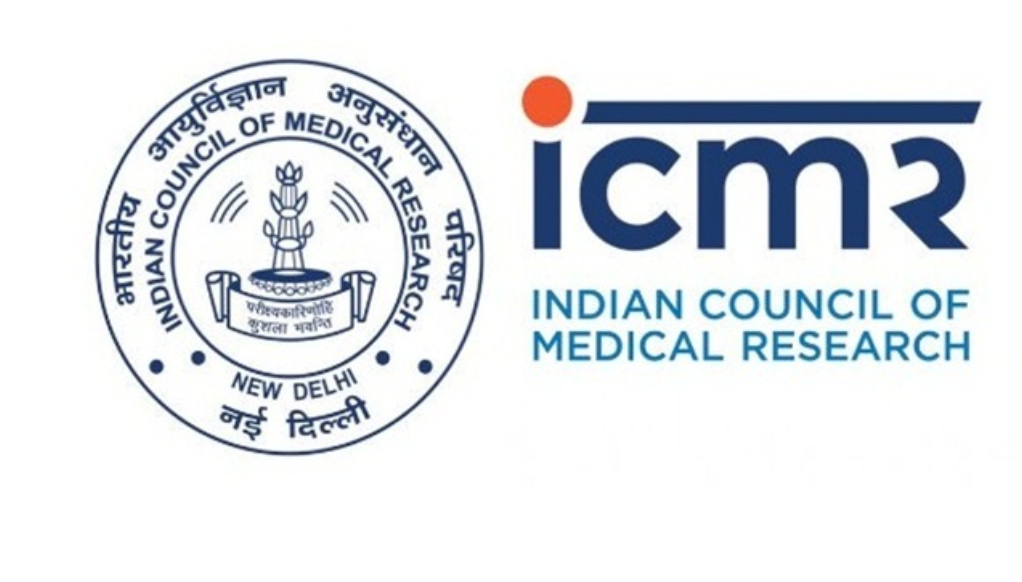Welcome development: On the ICMR and Controlled Human Infection Studies
Robust institutional mechanisms must be in place for human challenge studies
With the Bioethics Unit of the Indian Council of Medical Research (ICMR) placing a consensus policy statement on Controlled Human Infection Studies (CHIS) for comments, India has taken the first step in clearing the deck for such studies to be undertaken here. CHIS, also called human challenge studies, where healthy volunteers are intentionally exposed to a disease-causing microbe in a highly controlled and monitored environment, has been carried out for hundreds of years, an example being the yellow fever study in the early 1900s to establish that mosquitoes transmit the virus. Typically, a less virulent strain of the microbe is used to study less deadly diseases that have proven drugs for treatment. They are more often undertaken on a small number of volunteers to understand the various facets of infection and disease, and, occasionally, to accelerate the development process of a medical intervention. When used as part of vaccine development, these studies are initiated only when safety and immune responses of the candidate vaccines are known through early phases of clinical testing. Importantly, human challenge studies are not done as an alternative to phase-3 efficacy trials, but to help select the best candidate for testing in a conventional phase-3 clinical trial. Phase-3 clinical trials that follow human challenge studies often require fewer volunteers, speeding up the development process. In the last 50 years, CHIS studies have been carried out with thousands to accelerate vaccine development against typhoid and cholera. During the COVID-19 pandemic, the Imperial College London used 36 volunteers to study facets of the SARS-CoV-2 infection. In 2020, the World Health Organization approved using CHIS for accelerating COVID-19 vaccine development.
There are several ethical challenges with human challenge studies, which require well-trained and robust systems in place. While collaborations with institutions and scientists well versed in conducting such studies are a must, navigating the ethical minefield is a challenge. Several clinical trials, including those by or involving the ICMR, have been mired in ethical violations, such as the Human papillomavirus (HPV) vaccine trial in Andhra Pradesh, in 2010. The ethical challenges while conducting CHIS are of a higher magnitude, the scope for misuse vast, and the repercussions severe. There is potential for exploitation, given the monetary dimension involving volunteers. If it becomes a reality, India should use CHIS only to study diseases with safe and effective treatment. Using CHIS to study novel microbes/disease with limited medical intervention should wait till Indian scientists gain expertise, and robust institutional structures and mechanisms are in place.
